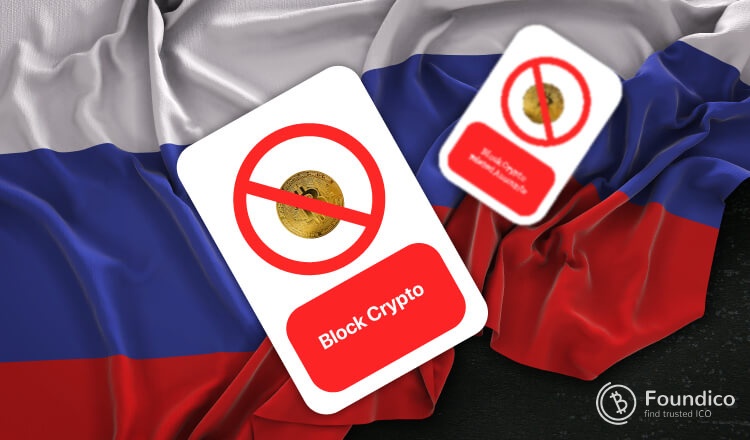Russian Banks Are Blocking Cryptocurrency Accounts

The central bank of the Russian Federation issued a statement recently announcing that any bank account which is used to transfer money in any way related to cryptocurrencies and crypto-related activities will be closed.
The aftermath of this announcement were a series of laws and regulations that were put in place giving the banks the power and authority to monitor accounts for suspicious activities and money transfers. And now Russian banks are authorized to close down any account that is deemed to be related to cryptocurrencies.
The announcement by the central bank suggested that these type of money transfers, i.e. those that are related to cryptocurrencies, take place only once and generally in a very large amount.
As such, the central bank has defined cryptocurrency related bank transfers as “high volume non-recurring transfers.” They believe that such transactions are suspicious in nature and thus can raise some questions.
The feat is that this type of transfer could be used fund terrorism related activities or even launder dirty money. All of this suspicion comes from the fact that these money transfers usually only take place once and in a very large amount.
These laws and regulations were put in place since late 2020 by the Russian government after their draft was confirmed by judicial branch a while earlier.
However, cryptocurrencies and in general the Blockchain technology have been the center of controversial legislation in Russia before. Prior to these regulation related to banks accounts, the government had banned the usage of cryptocurrencies in any form of payment altogether.
Therefore, not only is it illegal to use cryptocurrencies to make payments in Russia, it is now also illegal to use your bank account to make money transfers that are in any way related to digital currencies.
